The Western Mystery Tradition, Western esotericism, occultism — what are all of these things, and why are so many people talking about them? It can be tough to wrap your head around how much of our culture is steeped in ideas we call occult. Everything from religion to pop culture to (gasp!) science are heavily influenced by esoteric, occult traditions that have waxed and waned in dominance in the West.
When we talk about somebody completely new to Western esotericism, we could be talking about starting from absolutely zero, or starting from a place where you might know a little bit and are seeking a specific practice. I’ll address a few different levels of newness, but if nothing on this list hits what you’re looking for, then post a question in the comments and I’ll help you find the right resources.
Starting from Absolute Zero
If you’re here because your weird uncle keeps talking about magic like it’s real, or you’re wondering why the Reagans used an astrologer, or why Tarot cards show up in every single supernatural horror film, you are in the right place. The occult, especially Western esotericism, is a really central, pervasive element in most of Western culture. In popular media, it’s frequently misrepresented and unfortunately often maligned.
To learn more about the major traditions in the occult, it’s hard to do better than Hidden Wisdom: A Guide to the Western Inner Traditions by Richard Smoley and Jay Kinney. This book covers a number of ancient and modern traditions and will hopefully give you a good clue how they all tie together. Here are some of the topics you’ll learn about:
- Gnosticism, or the mystical and “occult” side of Christianity
- Kabbalah, or esoteric Judaism
- Magic
- Witchcraft
- Alchemy
This book gives you a great foundation so you can figure out what you want to dig into next. I would recommend next checking out either The Gnostic Gospels by Elaine Pagels or Occult America by Mitch Horowitz. Pagels will teach you about the early suppression of unpopular ideas by religious authorities, while Horowitz will teach you that esoteric and occult ideas are more prevalent than you ever suspected.
That’s Cool, but I Want to be a Witch/Wizard/Tarot Reader/Psychic/Jedi Master!
One step at a time! You have to learn to walk before you can run. Once you start learning about the occult and all of the interesting people who have made it a part of their lives, you might want to actually start practicing. In most occult communities, we refer to those who read about the occult without actually using any of the techniques as armchair magicians. When you decide it’s time to get out of the armchair and see this stuff for yourself, the first step is to learn how to meditate.
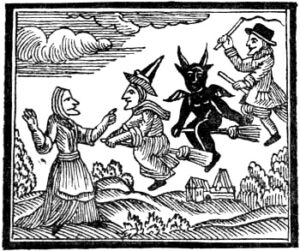 Meditation is the central technique of Western esotericism. Occult practices usually involve various trance states or receptive mental modes that can only be entered once you know how to meditate. There are a ton of introductory meditation books, so I asked some of my most trusted fellow practitioners what they’d recommend, and here are some of their answers.
Meditation is the central technique of Western esotericism. Occult practices usually involve various trance states or receptive mental modes that can only be entered once you know how to meditate. There are a ton of introductory meditation books, so I asked some of my most trusted fellow practitioners what they’d recommend, and here are some of their answers.
“Geeze, that’s a tough one!” says Matt Anthony, my co-host on My Alchemical Bromance. He recommends these two books, saying, “No woo in those. They are very approachable.”
“Hard to answer!” says Chuck Dunning, the author of Contemplative Masonry. He warns that many introductory books on the subject will be based in specific religions or traditions. His recommendation is The Meditative Mind by Daniel Goleman.
Given the difficulty of finding a good introductory book on meditation, consider finding a local meditation class. Check with a new age shop or local religious groups for help. There are also many local meditation groups listed on Meetup.com.
But I Already Know How to Meditate
Good, you know how to meditate. At this point, you’ve got the most basic skill you’ll need to learn any esoteric or occult techniques. This doesn’t mean that anything is going to get easier after this, but it will get weirder and far more interesting.
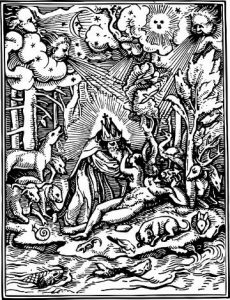 The next step is to learn visualization. Many introductory texts will discuss this, but learning how to use the power of the imagination is key to success in any occult practice, from divination to sorcery to the art of memory. Chuck Dunning strongly recommends Seeing With The Mind’s Eye: The History, Techniques and Uses of Visualization by Michael Samuels. Imagery is such a key element to every tradition in Western esotericism that this step cannot be skipped.
The next step is to learn visualization. Many introductory texts will discuss this, but learning how to use the power of the imagination is key to success in any occult practice, from divination to sorcery to the art of memory. Chuck Dunning strongly recommends Seeing With The Mind’s Eye: The History, Techniques and Uses of Visualization by Michael Samuels. Imagery is such a key element to every tradition in Western esotericism that this step cannot be skipped.
Once you have done some introductory reading, learned some meditation skills, and practiced visualization, you are ready for more specialized techniques. By this point, you probably have some ideas about what you want to try next, but in case you’re having trouble deciding, here are some of my favorites.
If you are interested in ceremonial magic, check out Modern Magick: Twelve Lessons in the High Magickal Arts by Donald Michael Kraig. Ignore the tacky cover. This book takes you step by step through ceremonial magic the way it’s been practiced since the late 19th century. It’s a great introduction to occult practice.
Perhaps you’re interested in Kabbalah, a very complex and old form of Jewish mysticism. This topic is huge, but you can get started with Kabbalah: The Way of the Jewish Mystic by Perle Besserman.
If chaos magic interests you, check out the classic Liber Null & Psychonaut: An Introduction to Chaos Magic by Peter J. Carroll. You might also check out Condensed Chaos by Phil Hine, another highly-recommended classic.
Perhaps you’re interested in Wicca. This path isn’t part of my practice anymore, but when I was young I picked up an earlier edition of Wicca: A Guide for the Solitary Practitioner by Scott Cunningham. I still see it recommended on lists of beginning Wicca books. If you’d like more recommendations, check this list of Wicca beginner books at The Pagan Life.
As with meditation, at this stage it can be a huge help to find like-minded people to practice with. If you can’t find a local group, you might be able to find an online discussion or study group. I was very fortunate early in my exploration to come across an excellent online group that worked through Kraig’s Modern Magick together.
Good luck with your journey. I hope that this list of books and resources is helpful to you, and if you have questions or more suggestions, please leave them in the comments below.
Did you like this article? My patrons received it five days early. Support my work on Patreon!


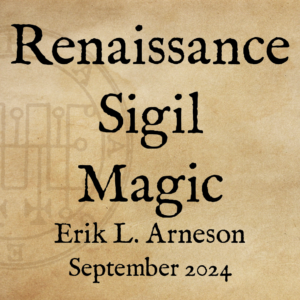
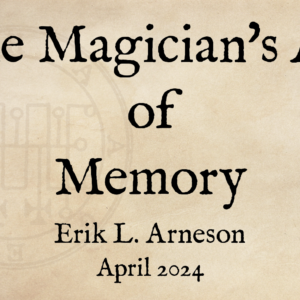
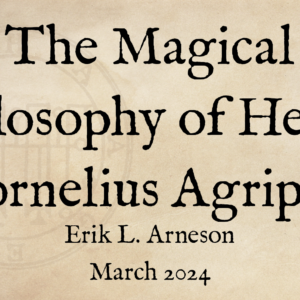
[…] If you’re interested in learning more about occultism and esotericism in general, check out my list of getting started books. […]